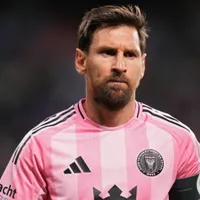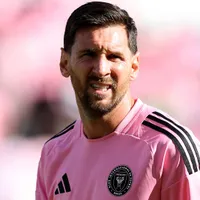Jonathan Wilson, the inimitable scholar of tactical mechanics with his recent Inverting the Pyramid: A History of Football Tactics (a book I included in a piece on tactical reductionism for this website) has made a very convincing argument why English Premier League clubs have come to dominate the Champions League in the last four seasons. And while he doesn’t come out and say it—probably because he didn’t want to get accused of trotting out that old canard—the devil is in Wilson’s meticulously researched details: Top Four Dominance.
Here we go again, you’re forgivably thinking. Wilson says there are three interrelated reasons why English clubs have run rampant in the Champions League: money, relative competitiveness, and “domestic hegemony.” Of the first, he argues one of the reasons England has come to dominate Europe is the annual CL qualification of Manchester United, Chelsea, Arsenal and Liverpool, and the regular allotment of Champions League TV fees between them. But while that point may seem obvious, Wilson believes that money is most important not in balance sheets or debt-to-asset ratios, but in the one area of business Big Four supporters have never been comfortable with crediting for their success: record-breaking transfer deals.
So, if buying the best players with the most money is essential to success in Europe, what then is Wilson on about with the importance of “relativecompetitiveness”? He’s not speaking of Everton or Villa’s ability to challenge the big boys in the Premier League, but rather the ability of Big Four clubs to maintain a healthy balance between European and domestic demands, contrary to “the commonly expressed belief that it is beneficial for sides to be either so far ahead or so far behind in their domestic title race that they can concentrate on the Champions League.”
Wilson notes that in six out of the last ten Champions League finals, winning sides kept up their domestic title chases right up to the end of the season (so I guess whether or not Liverpool can win in Europe while challenging for that league title may be the only sort of “competitiveness” EPL watchers will get to “enjoy” for the next few years). This sort of competition is good because it keeps Top Four clubs versatile and balanced without threatening their domestic hegemony, what Wilson defines as the gap in points between the Big Four and the rest of league and the third important factor in European dominance.
So, in short, the ugly truth is the Premier League is tops in Europe not because it’s the “Best League in the World™” but because it has four sides that regularly qualify for the Champions League, spend a lot in transfer deals to get the best players, manage to push for both the CL and the league in a balanced way without compromising their competitive edge, and regularly increase the relative gap in points between themselves and the rest of the league because they regularly qualify for the Champions League, can buy the best players and etc. etc. etc.
It’s basically the league equivalent of Groundhog Day; all Wilson’s done is give us the itinerary.














